As an instructor at the Virginia Military Institute, Thomas Jonathan Jackson was a poor professor, given to memorizing his lectures and delivering them in a monotone voice to his classes, word-for-word. His students teased him behind his back and fired spitballs at each other during classes, with little fear of their wooden, seemingly hapless teacher. When Fort Sumter was fired upon on April 12, 1861, the secession crisis gripped Virginia, and the cadets of VMI were in a frenzy, wishing to do battle with pro-Unionists in their own town. The leaders of the Institute gathered the students in the barracks in an attempt to calm them. Author S.C. Gwynne describes what happened next:
To the surprise of many of the cadets, Jackson mounted the rostrum. For those who witnessed it, what happened next was an astounding transformation, one that many would talk about for decades to come. “Military men make short speeches,” Jackson began, in a tone of voice unfamiliar to his charges, “and as for myself I am no hand at speaking anyhow.” There was something about his voice that caught the cadets’ attention, a hint that the man on the rostrum was no longer their eccentric professor, a man they sometimes called Tom Fool, the object of teasing and jokes around the institute. Jackson continued: “The time for war has not yet come, but it will come, and that soon. And when it does come, my advice is to draw the sword and throw away the scabbard.”
That was all. Draw the sword and throw away the scabbard. Perhaps it was the simplicity of those words, or their saber-thrust directness. But as Jackson turned and stepped to his seat, the room, until now tense and murmurous, erupted in a series of cheers, one after another, that rang through the barracks. The force of his words—their sheer implausibility—had shocked and dazzled the young men. Instead of the awkward physics teacher, what they saw before them was a soldier and, watching his flashing eyes and intent expression, they were reminded of those stories of the Mexican-American War they had heard. “Hurrah for Old Jack!” they shouted, themselves amazed that they were hurrahing the eccentric major, and continued shouting it long after the meeting was dismissed. And they never forgot it. Fifty years later, one of them wrote, “The thrilling effect of those words is felt by the writer to this day. They touched the heart of every boy who heard them, and men now gray will tell of the enthusiastic cheers which drowned all further speeches.” — from Rebel Yell: The Violence, Passion, and Redemption of Stonewall Jackson
The Imaginative Conservative applies the principle of appreciation to the discussion of culture and politics—we approach dialogue with magnanimity rather than with mere civility. Will you help us remain a refreshing oasis in the increasingly contentious arena of modern discourse? Please consider donating now.
The featured image is a daguerreotype by H. B. Hull, c. 1855, that Thomas Jonathan Jackson made as a memento for his aunt and uncle while visiting them in the summer of 1855. It is in the public domain, courtesy of Wikimedia Commons.


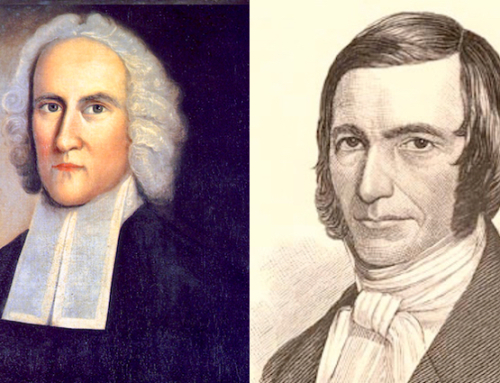
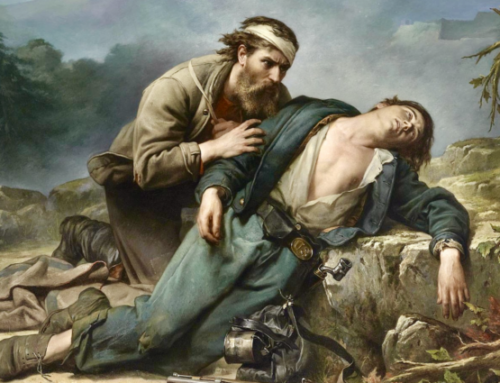
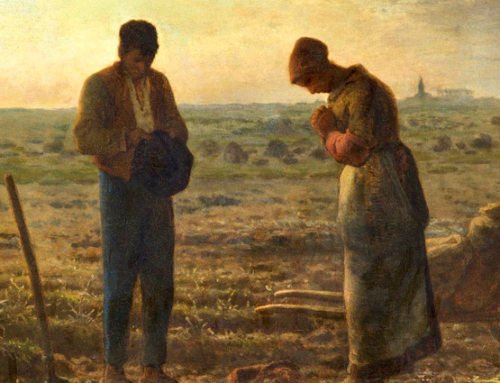
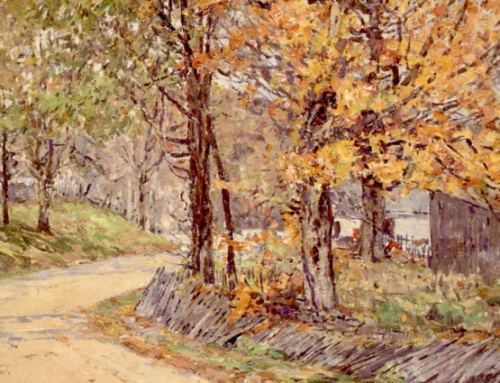
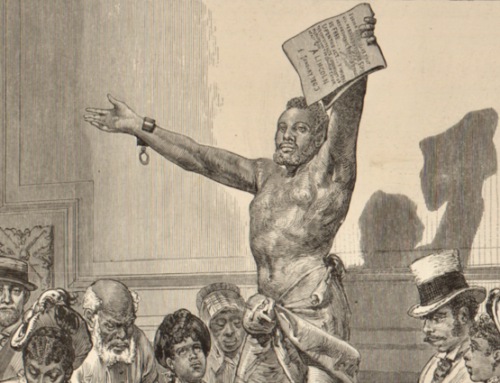
What an inspiring character, Stonewall Jackson. Raised by mercantile, calculating uncles, he still rose to be an exemplar of rectitude, kindliness, and fidelity–a rebuke to environmental determinists. It’s a great shame that his statues are being pulled down by what Jefferson called “the canaille of the great cities.” And also a shame that students can’t study, let alone emulate, his life–because he fought on the wrong side. I think one of the unstated reasons for his consignment to the memory hole (as with Robert E. Lee) was his unabashed Christianity. As with Lee, Stonewall tolerated slavery for complex motives. (A generation that not just tolerates, but promotes abortion, might doubt its own exalted moral status.) If Stonewall had survived the war, my guess is he would have agreed with Lee, that the one great good to emerge from that fraternal carnage was abolition. His “sedition” is another black mark rendering him unworthy of study by a generation ignorant of the Civil War, and of that earlier “seditious” conflict, the War of Independence..
S.C. Gwynne’s book has sat for some time on my shelf, unread. His reflections here remind me to correct that negligence.
What a wonderful comment, sir! Thank you for this.
And Gwynne’s book is indeed wonderful.